1.7 WHO’S WHO IN JAZZ AND BLUES
Here are some images and video/audio recordings of the Jazz and Blues greats, the Who’s Who in Jazz and Blues:

Watch or listen here: Glenn Miller Orchestra, In the Mood, 1941. 3:112
If you receive an error with the link above, use the following link https://www.youtube.com/watch?v=6vOUYry_5Nw

Watch or listen here: Billie Holiday, The Very Thought of You. 2:464
If you receive an error with the link above, use the following link https://www.youtube.com/watch?v=iiewtK_qPv4

Watch or listen here: Count Basie, One O’Clock Jump. 2:596
If you receive an error with the link above, use the following link https://www.youtube.com/watch?v=g3JyQnYPkZk

Watch or listen here: Duke Ellington, Mood Indigo. 4:168
If you receive an error with the link above, use the following link https://www.youtube.com/watch?v=GohBkHaHap8
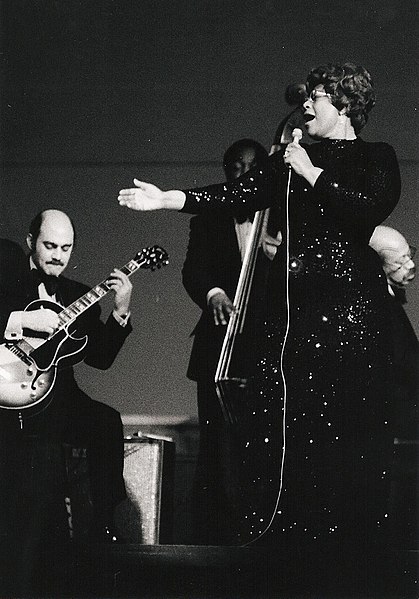
Watch or listen here: Ella Fitzgerald & the Tee Carson Trio, Summertime, 1968. 3:3910
If you receive an error with the link above, use the following link https://www.youtube.com/watch?v=u2bigf337aU
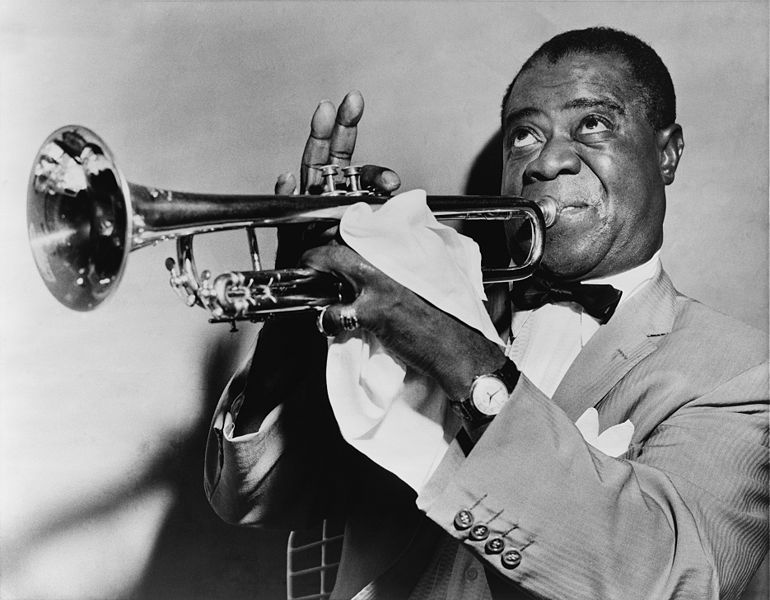
Watch or listen here: Louis Armstrong, West End Blues. 3:2112
If you receive an error with the link above, use the following link https://www.youtube.com/watch?v=4WPCBieSESI
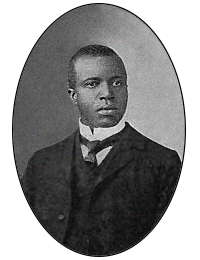
Watch or listen here: Scott Joplin, Maple Leaf Rag. 2:4614
If you receive an error with the link above, use the following link https://www.youtube.com/watch?v=pMAtL7n_-rc

1.53 Bessie Smith, Feb 3. 1936.15
Watch or listen here: Bessie Smith, St. Louis Blues (1929). 4:0816
If you receive an error with the link above, use the following link https://www.youtube.com/watch?v=5Bo3f_9hLkQ
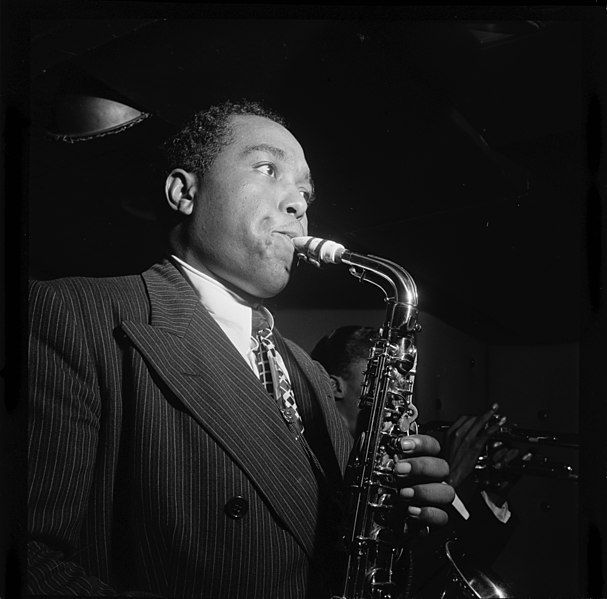
Watch or listen here: Charlie “Bird” Parker, Jr., All the Things You Are. 3:0818
If you receive an error with the link above, use the following link https://www.youtube.com/watch?v=UTORd2Y_X6U
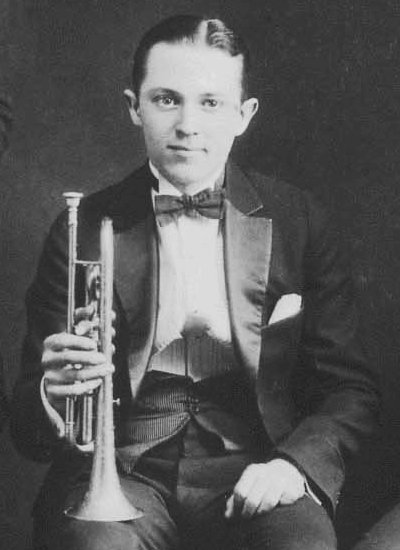
Watch or listen here: Bix Beiderbecke & His Gang, Louisiana, 1928. 2:4720
If you receive an error with the link above, use the following link https://www.youtube.com/watch?v=iKlN18LMeCQ
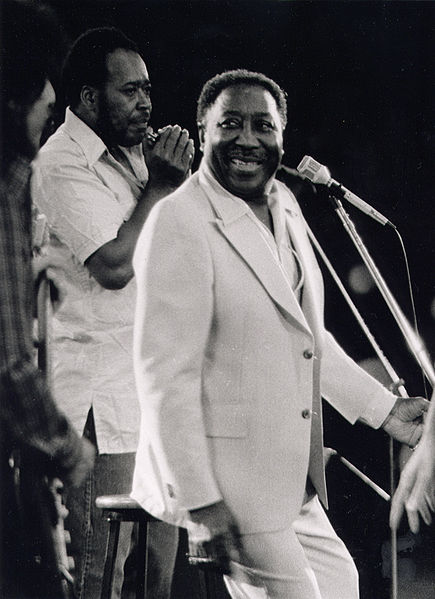
Watch or listen here: Muddy Waters, “You Can’t Lose What You Never Had.” 2:4422
If you receive an error with the link above, use the following link https://www.youtube.com/watch?v=BT_4TP_LLVE
Muddy Waters was born McKinley Morganfield in Rolling Fork, Mississippi, where he learned the Delta blues style from the first recorded generation of country blues artists such as Charley Patton. With many of his generation, Waters moved north to Chicago, here he pioneered the urban blues style, which is basically an extension of Delta blues (primarily a solo form) to a small band with amplification: electric guitar, piano, bass, drums and harmonica. Chicago named a street for Muddy. The ironic humor that is an often unrecognized aspect of the blues is evident in “You Can’t Lose What You Ain’t Never Had.” The theme of the lyric is obviously acceptance of loss, in fact, of the inevitability of loss in this life. The humor emerges from the dry questions which end the first lines of each stanza- “ain’t that sad?” In later years Muddy was in the habit of adding a final twist of the knife to the third verse. Instead of singing “it wasn’t my fault,” he sang “it was my own fault.” Now that’s sad.

